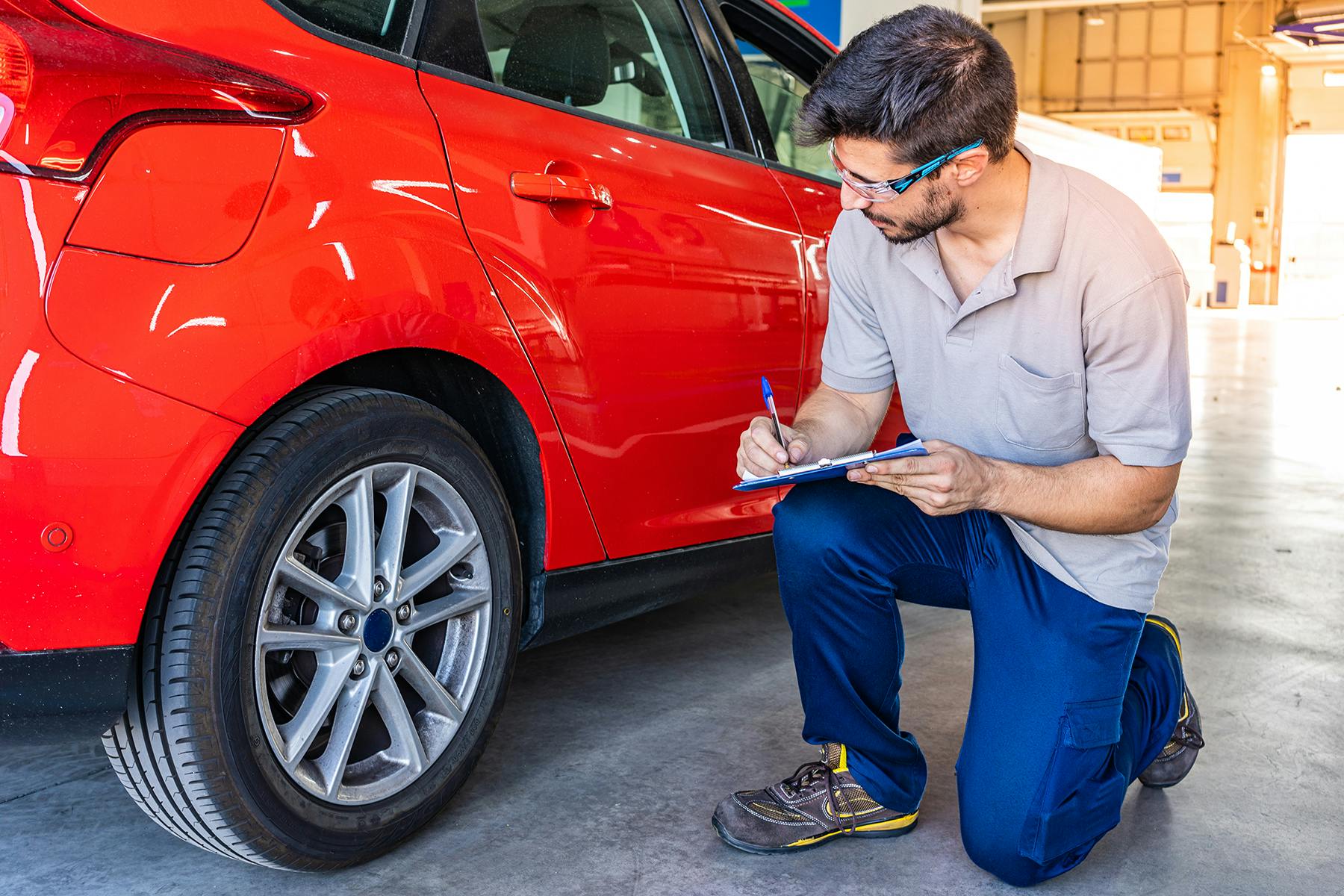How to Get a Roadworthy Certificate in Victoria

NOTE: Be aware that owners of vehicles that are subject to the compulsory defective Takata airbag recall may be required to provide proof that the defective airbags have been replaced by an authorised vehicle dealer before a roadworthy inspection can be performed.
Most vehicles in Victoria must undergo a roadworthiness inspection to ensure that vehicles are safe enough to be operated on public roads, as well as to make it possible to-
- register a vehicle
- re-register a vehicle
- clear some types of serious defect notices
- sell the vehicle
- fulfil the requirements of statutory periodic roadworthy inspections of some categories of vehicles
Note that new vehicles (that are not taxis) that have not been registered in Victoria or any other jurisdiction(s) do not need to be inspected. It is important to note though, that the kilometre reading on the speedometer of such a vehicle must be consistent with the process of selling and delivering the vehicle to the purchaser. Thus, a new vehicle with several thousand, or even a few hundred kilometres on the speedometer may not be considered a new vehicle that is exempt from roadworthiness requirements.
NOTE: Be aware that obtaining a roadworthiness certificate to clear a defect notice can be more complicated than getting a vehicle inspected and registered in Victoria. However, limited space precludes a comprehensive discussion of this aspect of registering vehicles in Victoria, because the process to be followed depends on the type of defect notice the vehicle had received. For example, different types of defect notices can be issued by-
- the police
- VicRoads and/or equivalent interstate inspectors
- the Environmental Protection Authority (EPA)
The process to be followed to clear a defect depends on who issued the defect notice, and in some cases, such as pollution-related defects, the defect notice can only be cleared by the EPA. Regardless of why a vehicle received a defect notice though, the important thing to keep in mind is that in many cases, the vehicle cannot receive a roadworthy inspection, or be registered until all defect notices had been cleared by relevant authorities. Moreover, in some cases, a vehicle may be restricted, or a current registration may be cancelled if some defects are not corrected in prescribed timeframes.
Based on the above, we strongly recommend that you visit https://www.vicroads.vic.gov.au/registration/roadworthiness/vehicle-defect-notices for more information on how to clear all types of defect notices and/or fine sanctions.
How long are roadworthy certificates valid in Victoria?
Roadworthy certificates are valid for 30 days from the date of issue before you present them at VicRoads. Note that roadworthy certificates can be used for multiple registrations or transfers, provided that the registrations or transfers occur within the 30-day validity period of the certificate.
Who issues roadworthy certificates in Victoria?
All inspections can be carried out by Licensed Vehicle Testers. Details on finding a licensed vehicle tester near you are available here, but note that you have to enter your vehicle’s details into the finder to receive appropriate results.
How much do roadworthy certificates cost in Victoria?
The cost of roadworthy certificates depends on several factors, including, but not limited to the following-
- the age, type and condition of a vehicle
- whether or not a vehicle fails an inspection
Note that if a vehicle fails an inspection, the vehicle examiner will issue a rejection report, and you will have 14 days in which to correct all listed defects. Be aware that if you miss this deadline, you will have to pay for an entirely new inspection at the full price of a new inspection. Thus, the best thing to do is to obtain a quote for the desired inspection from your chosen test station before you make a booking to have your vehicle inspected.
